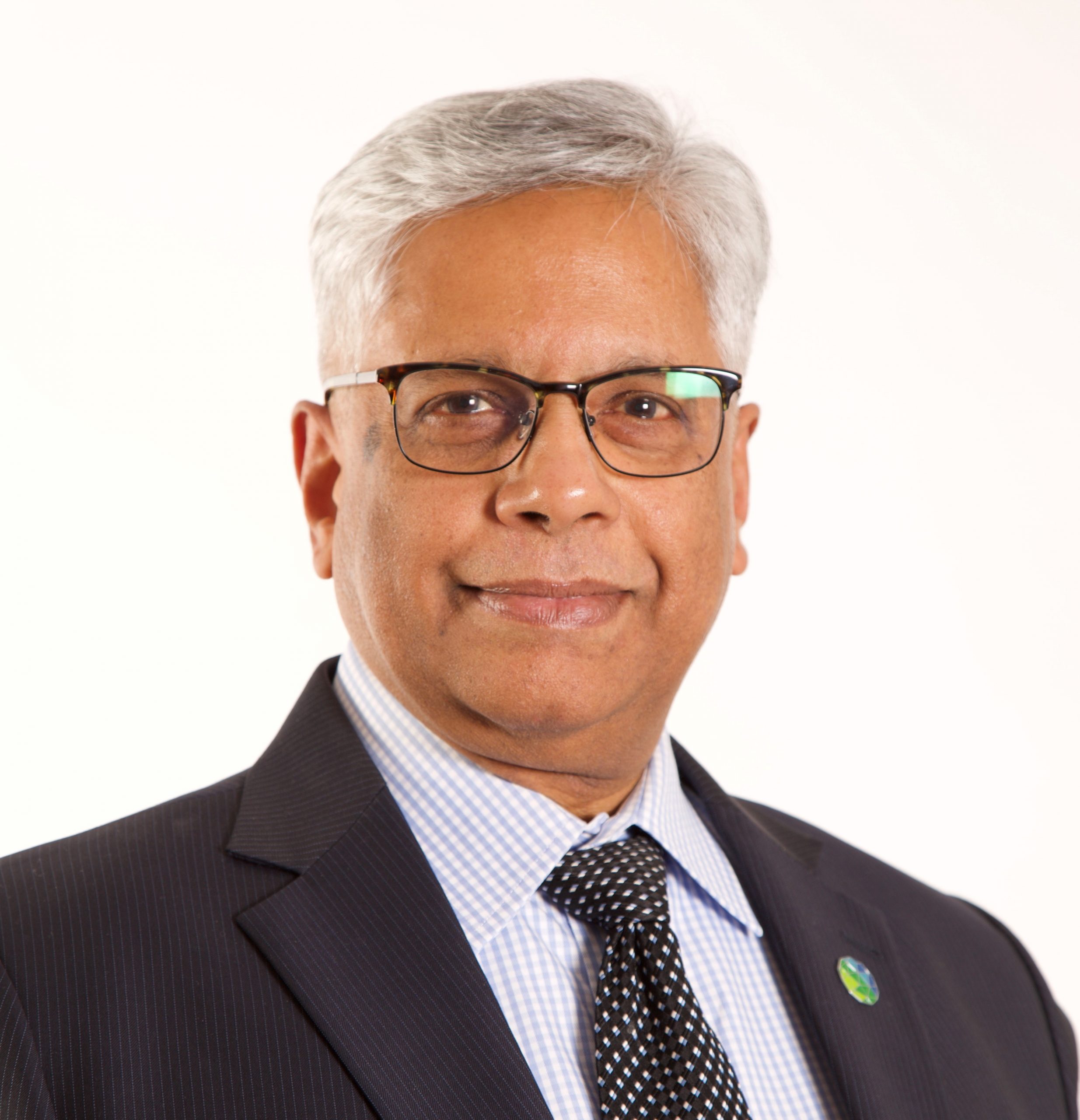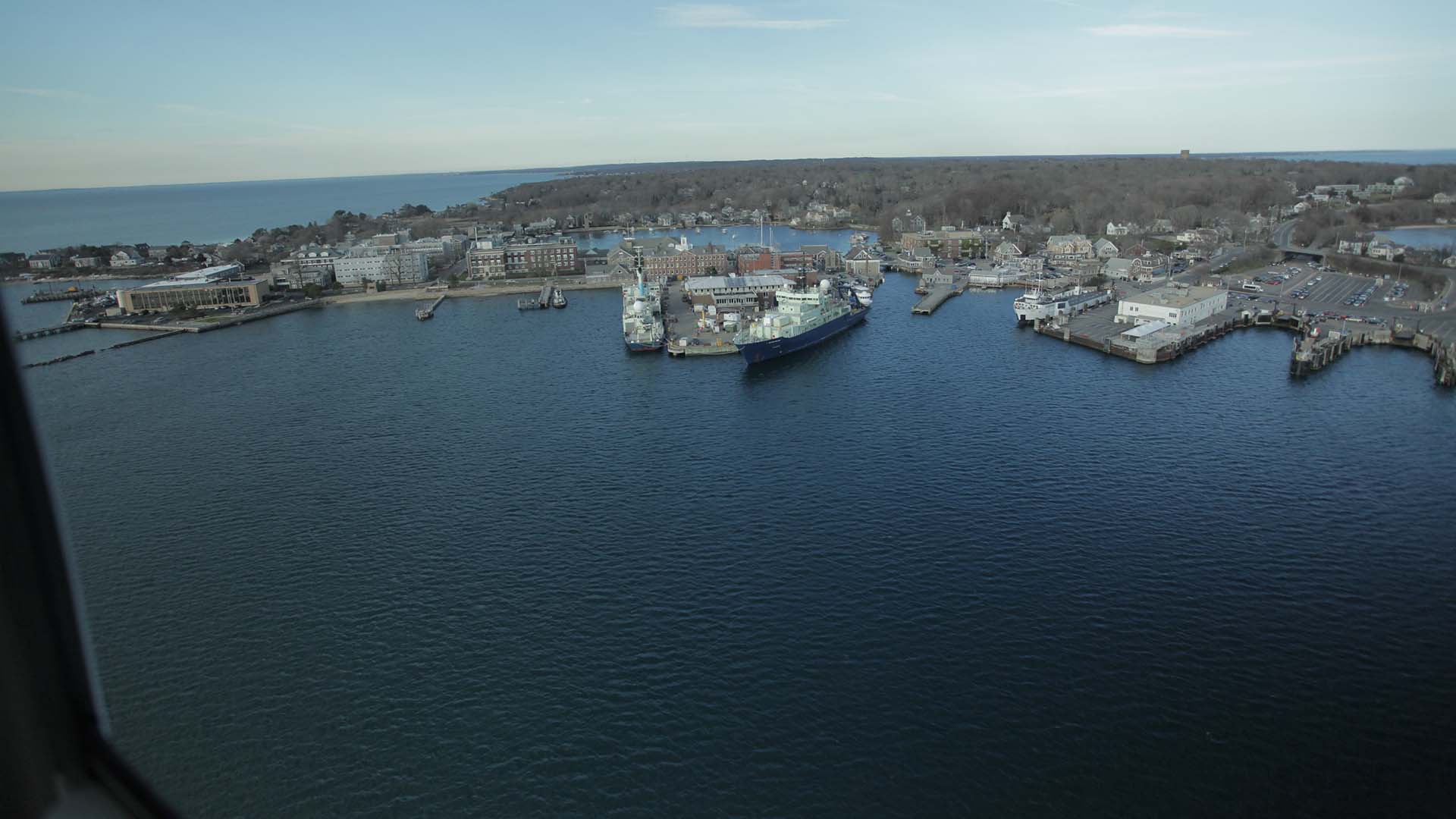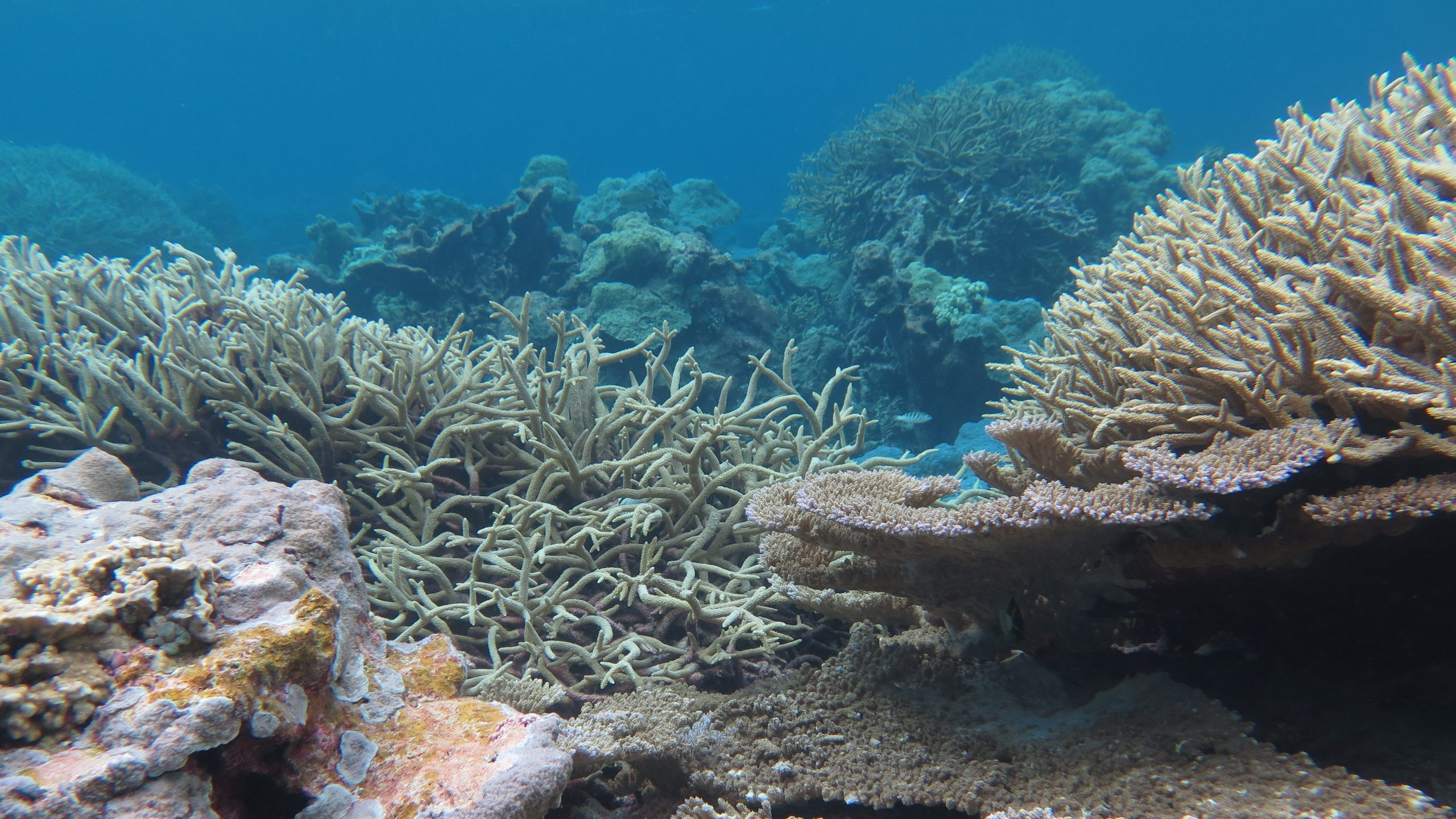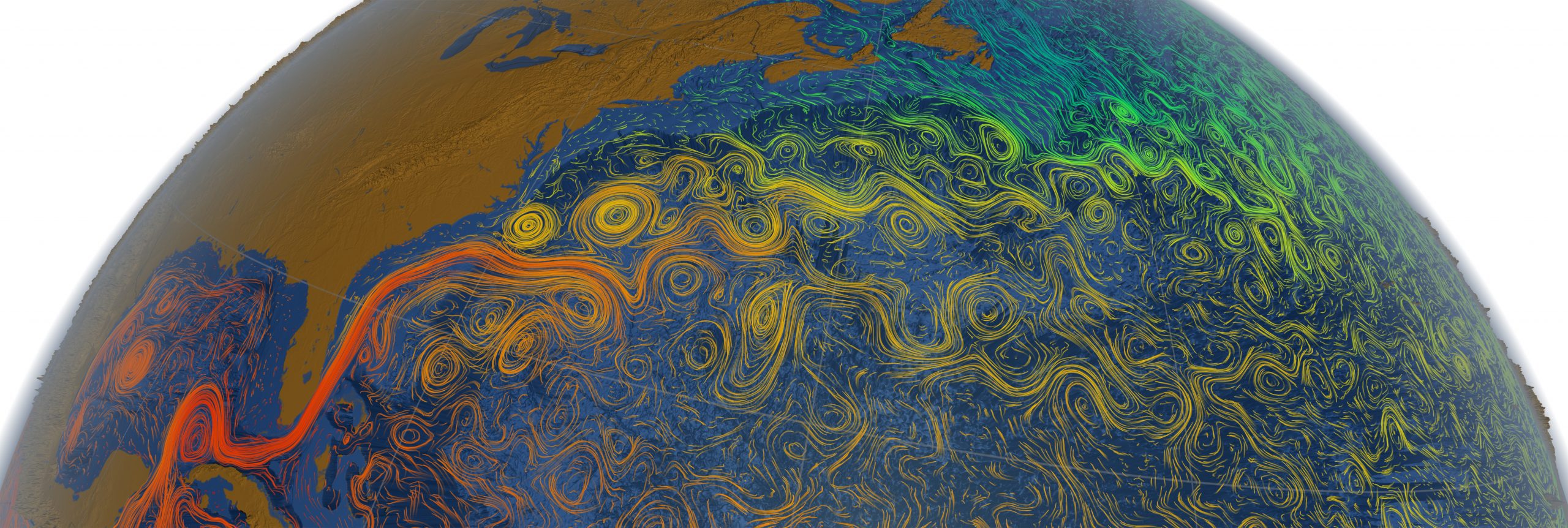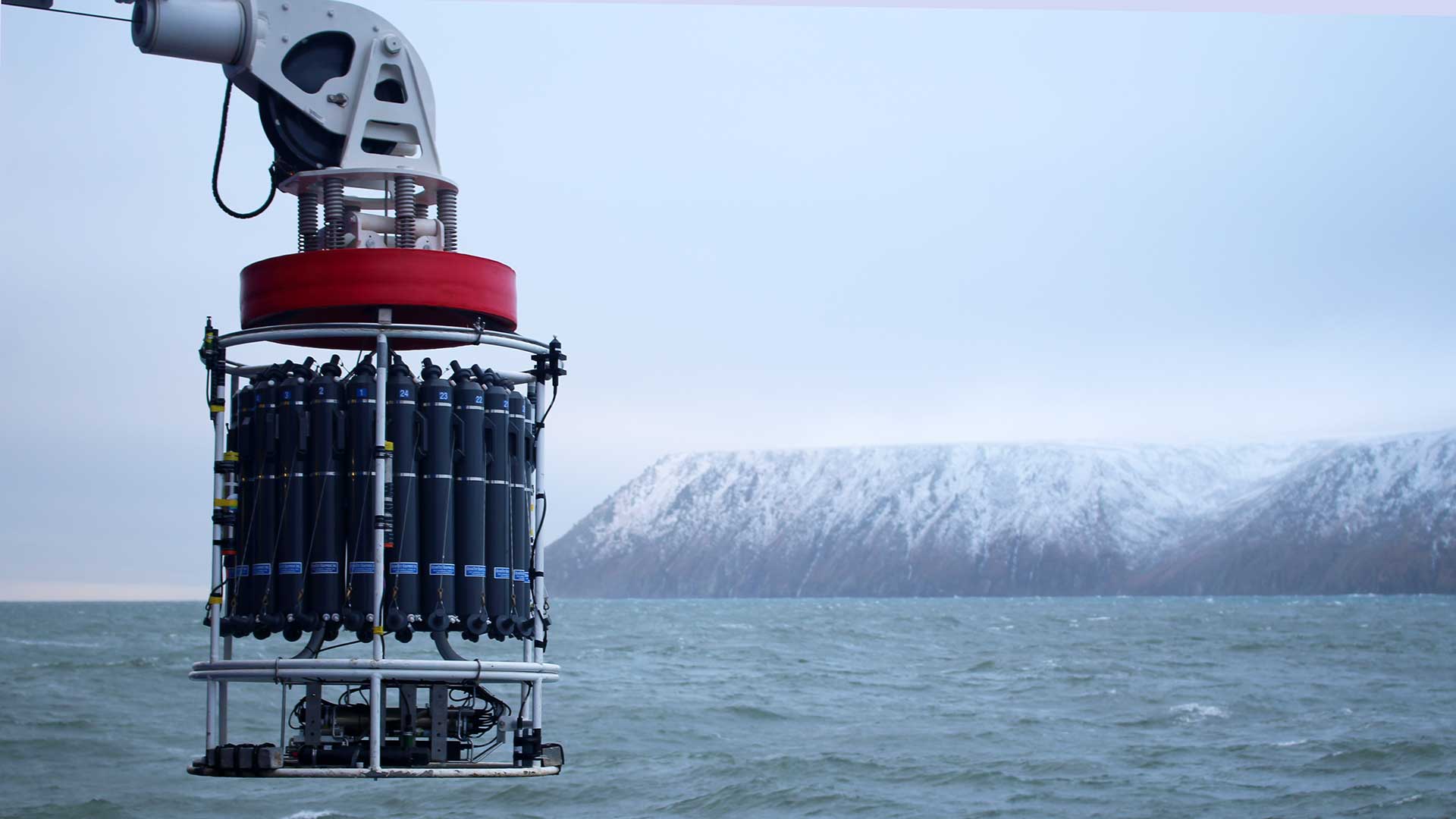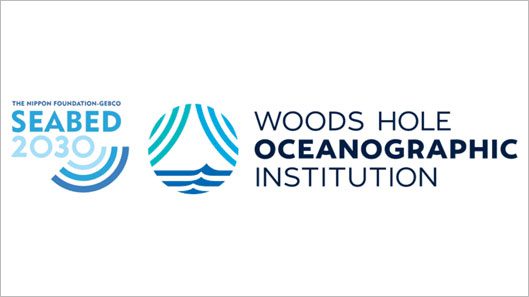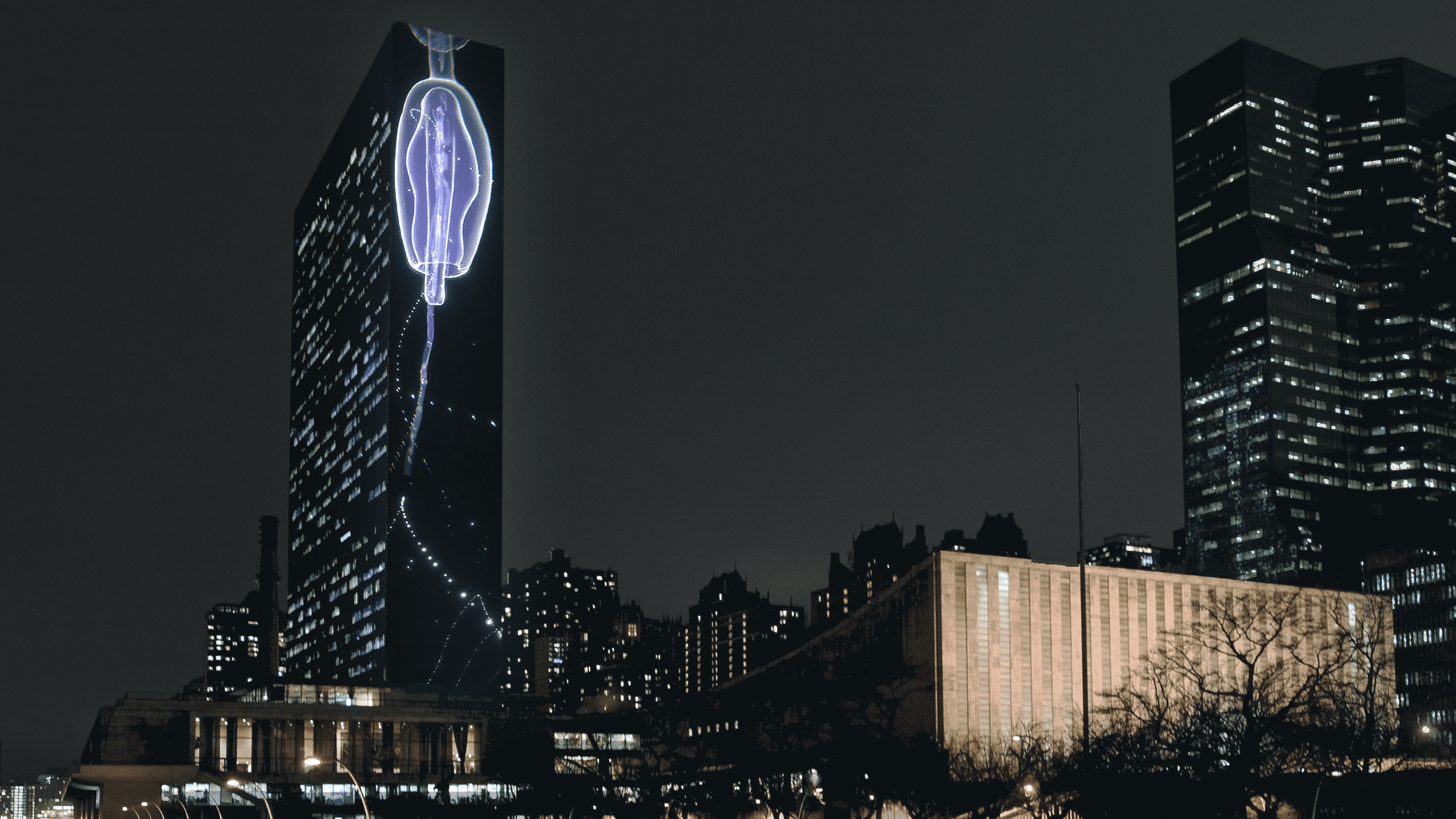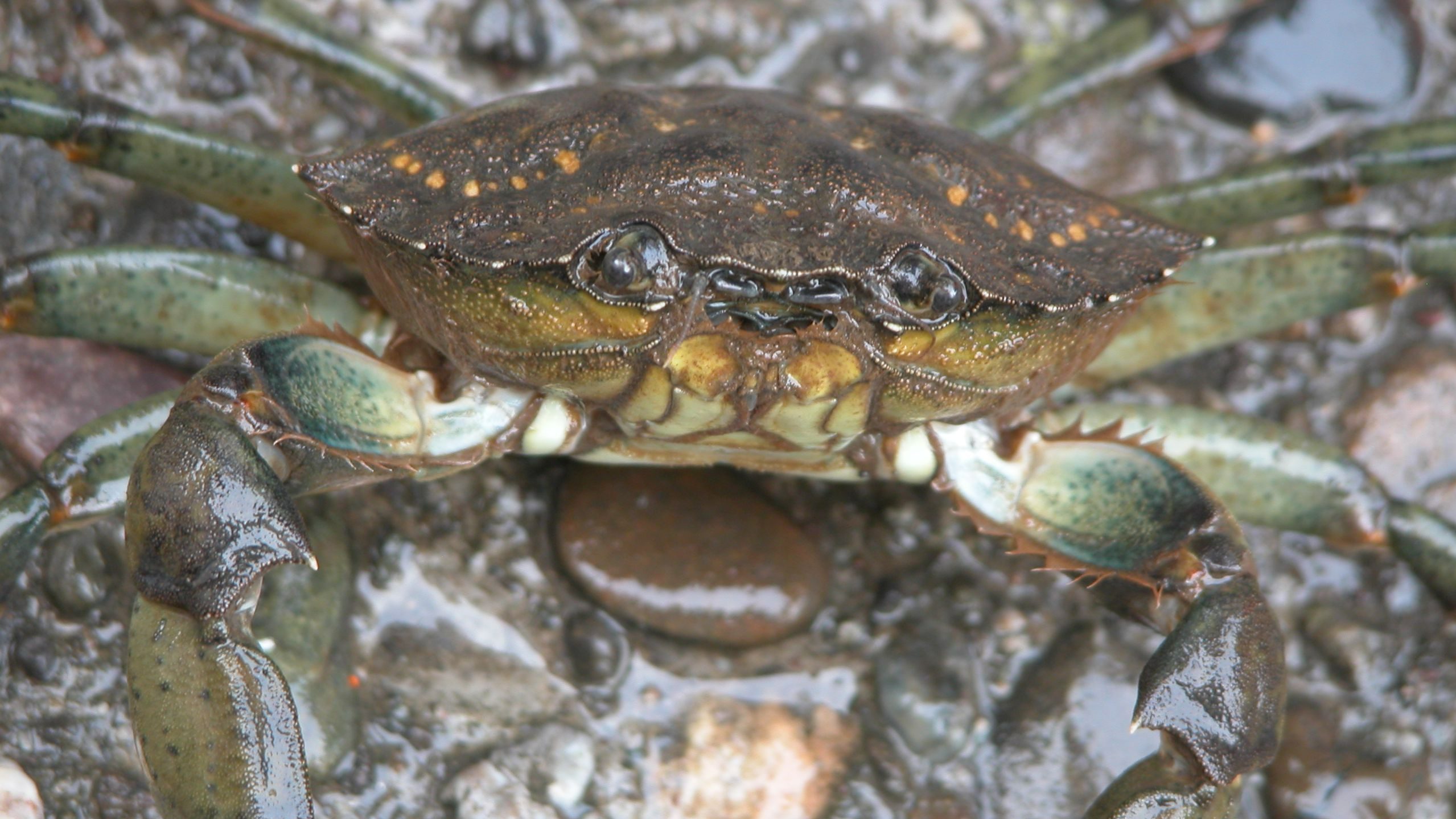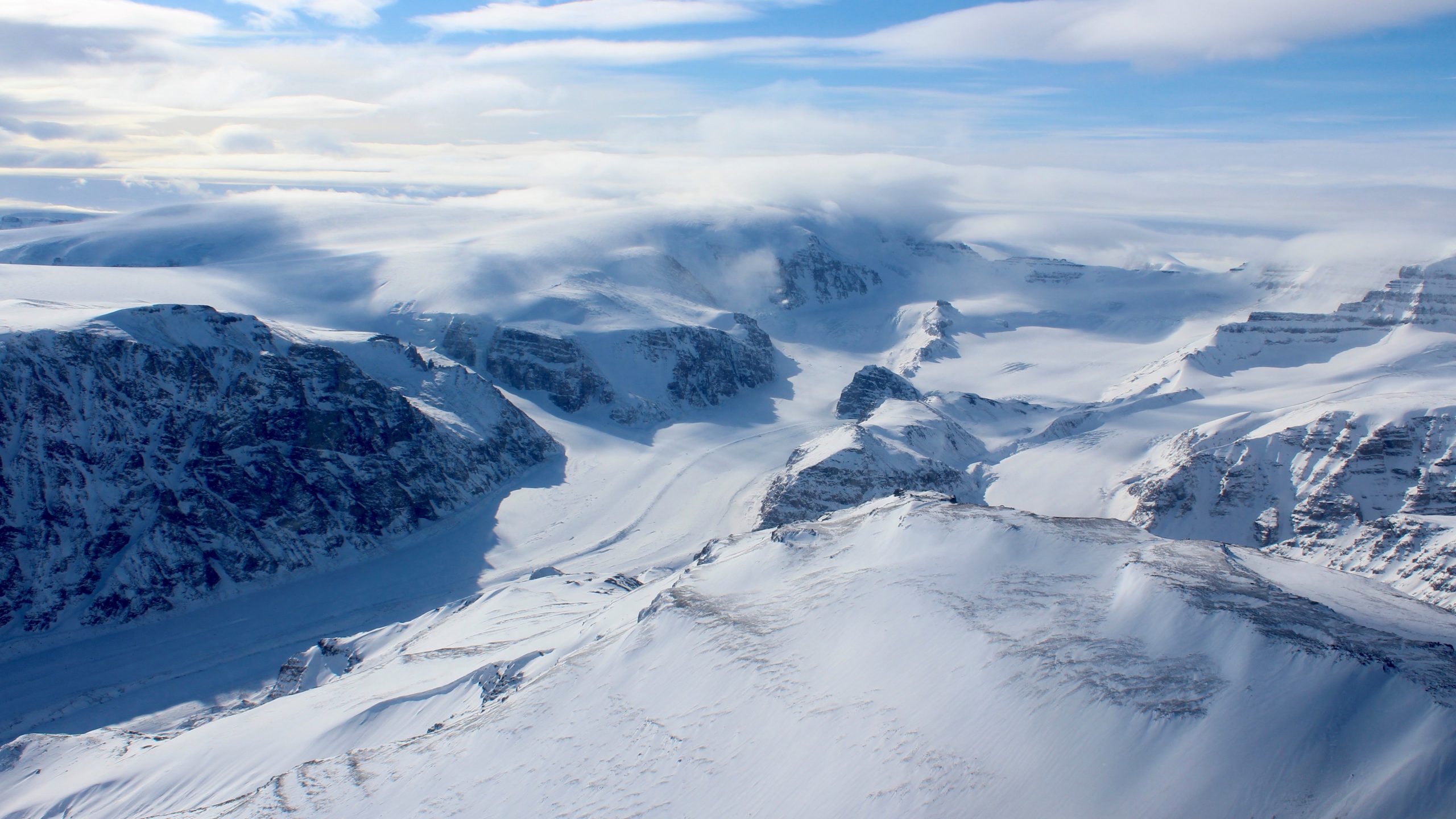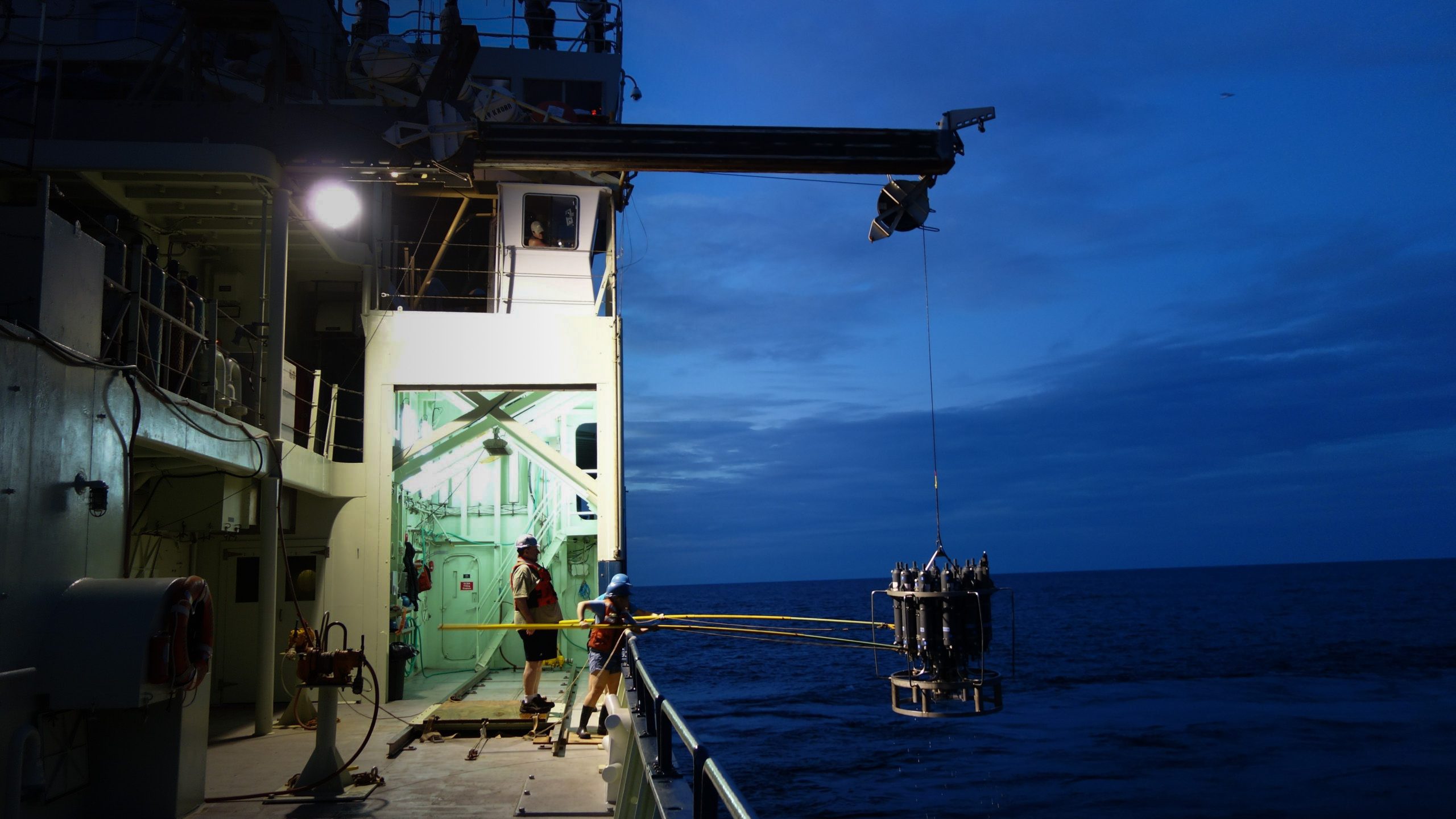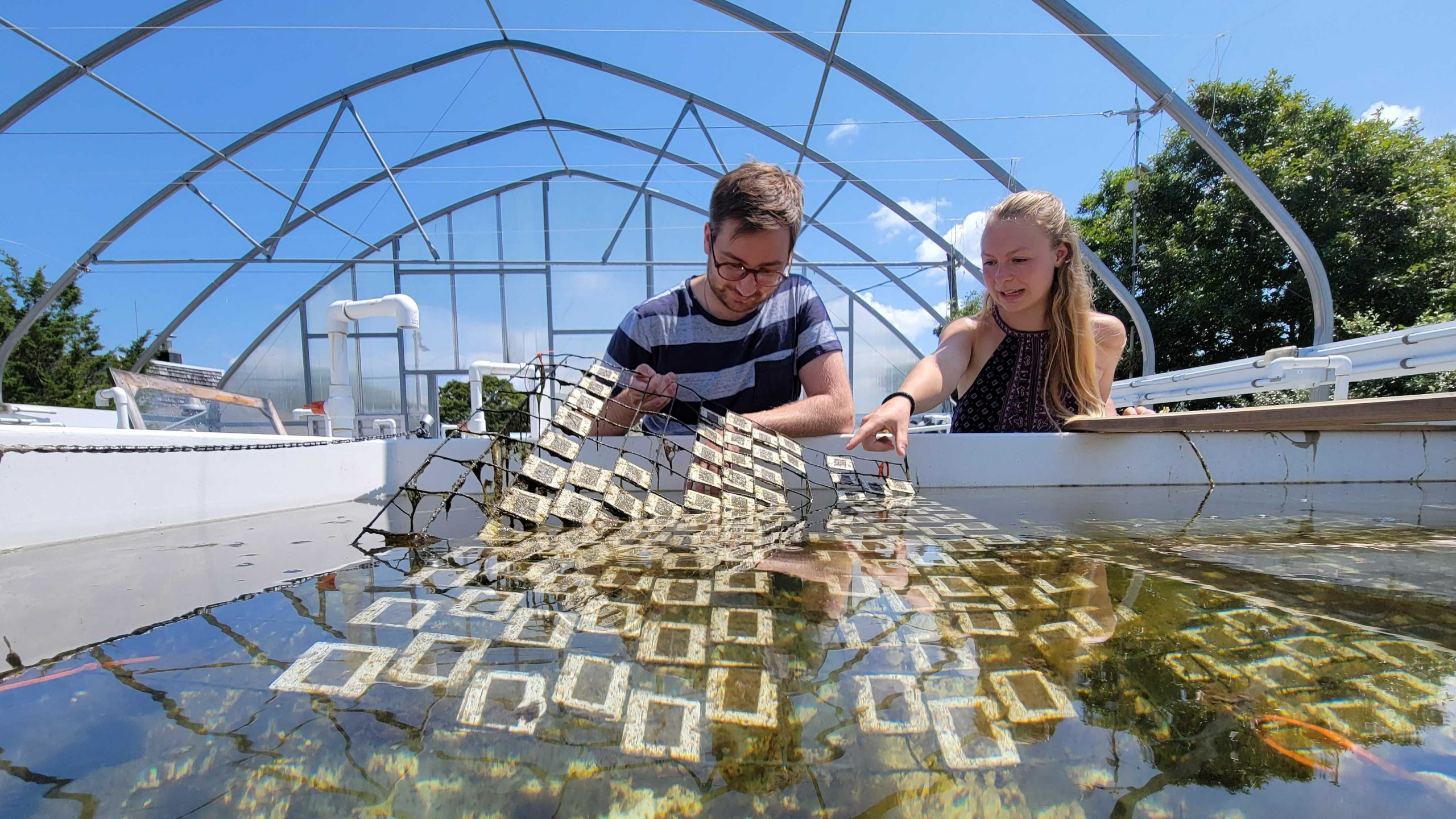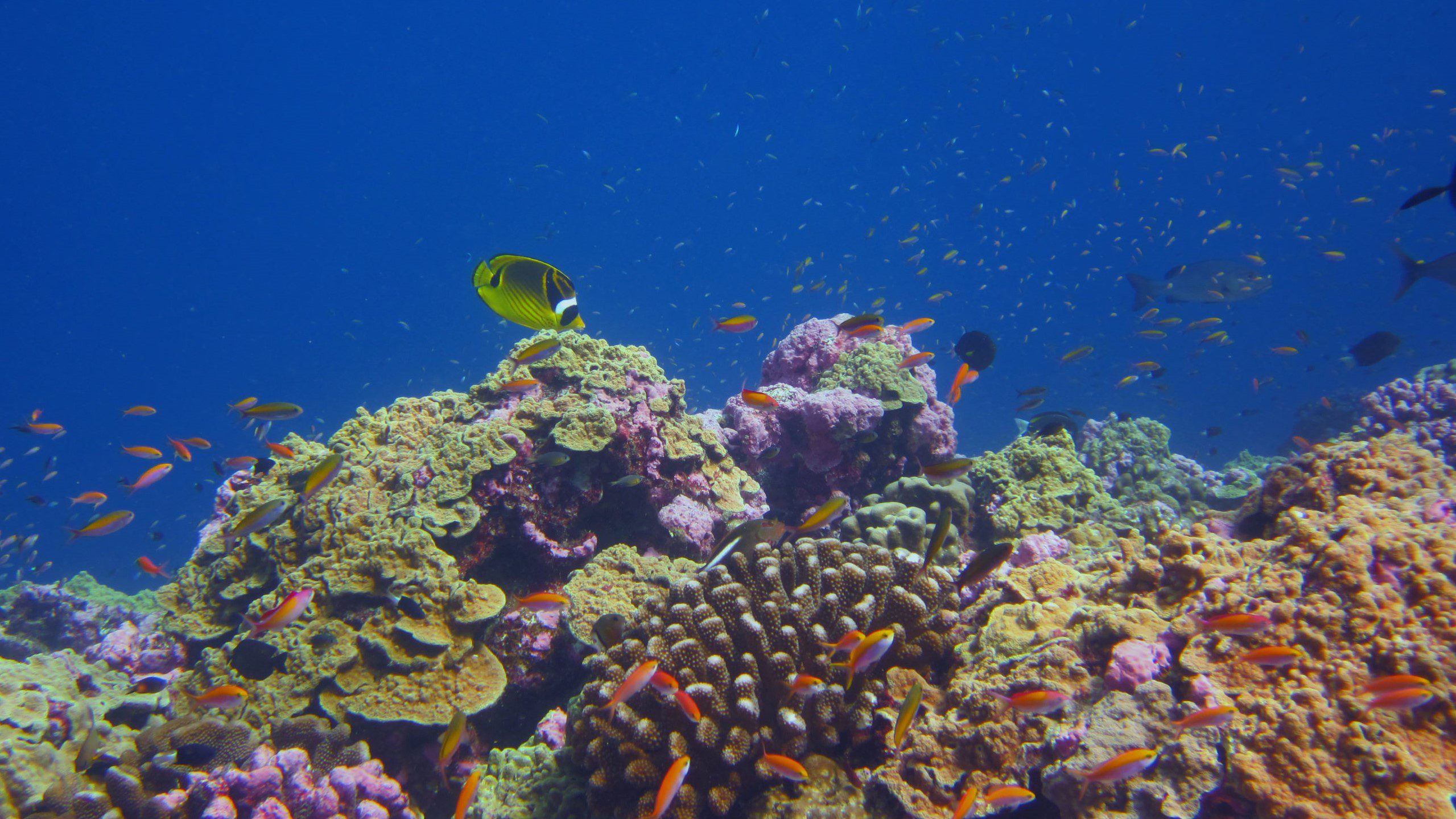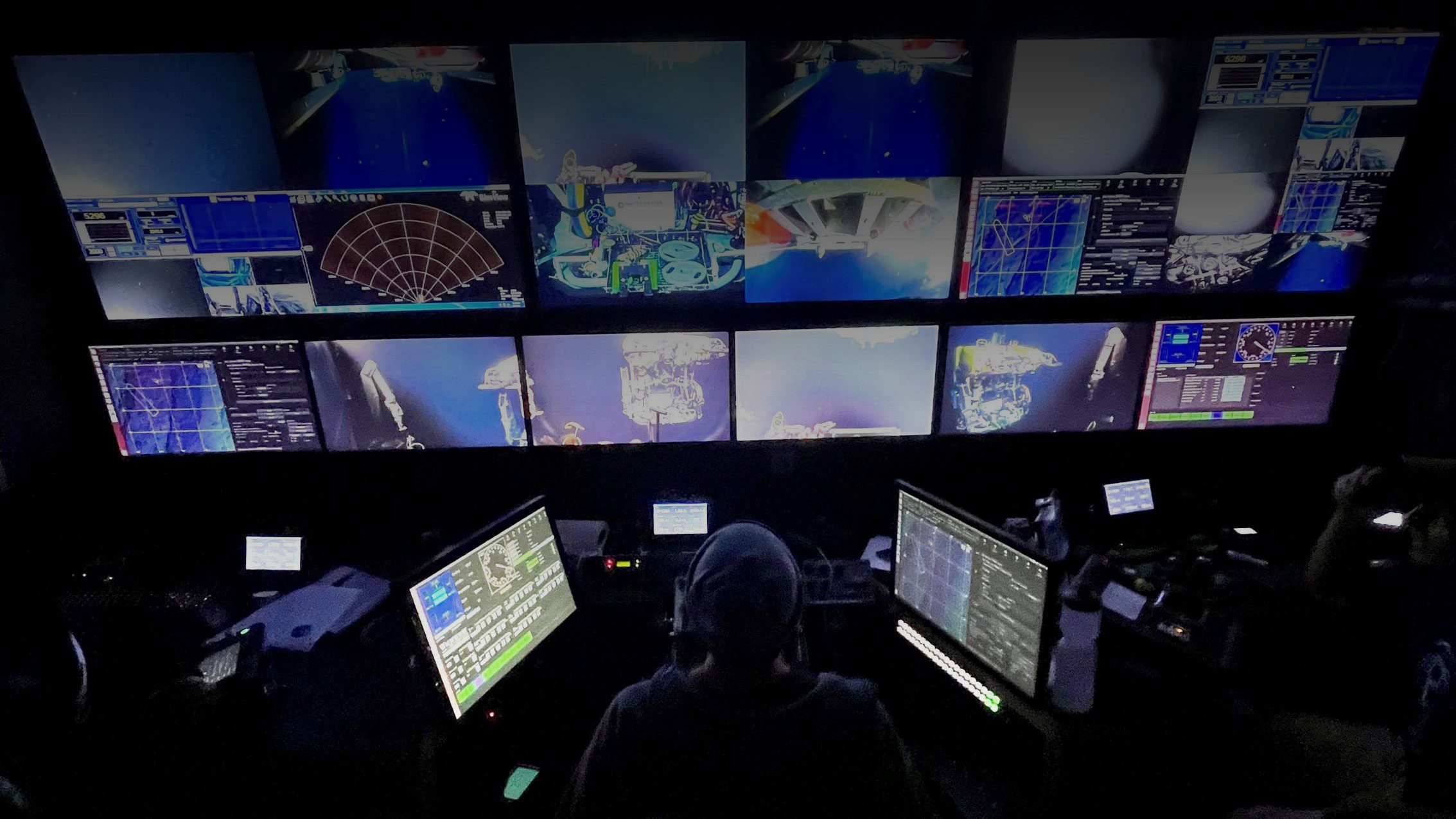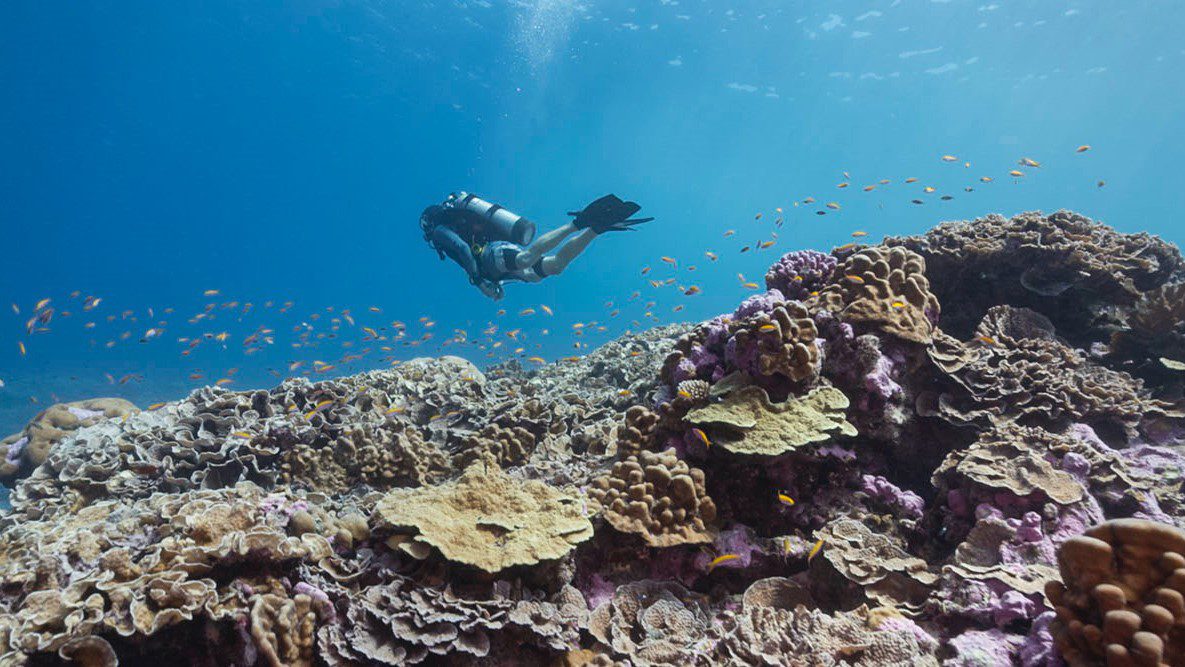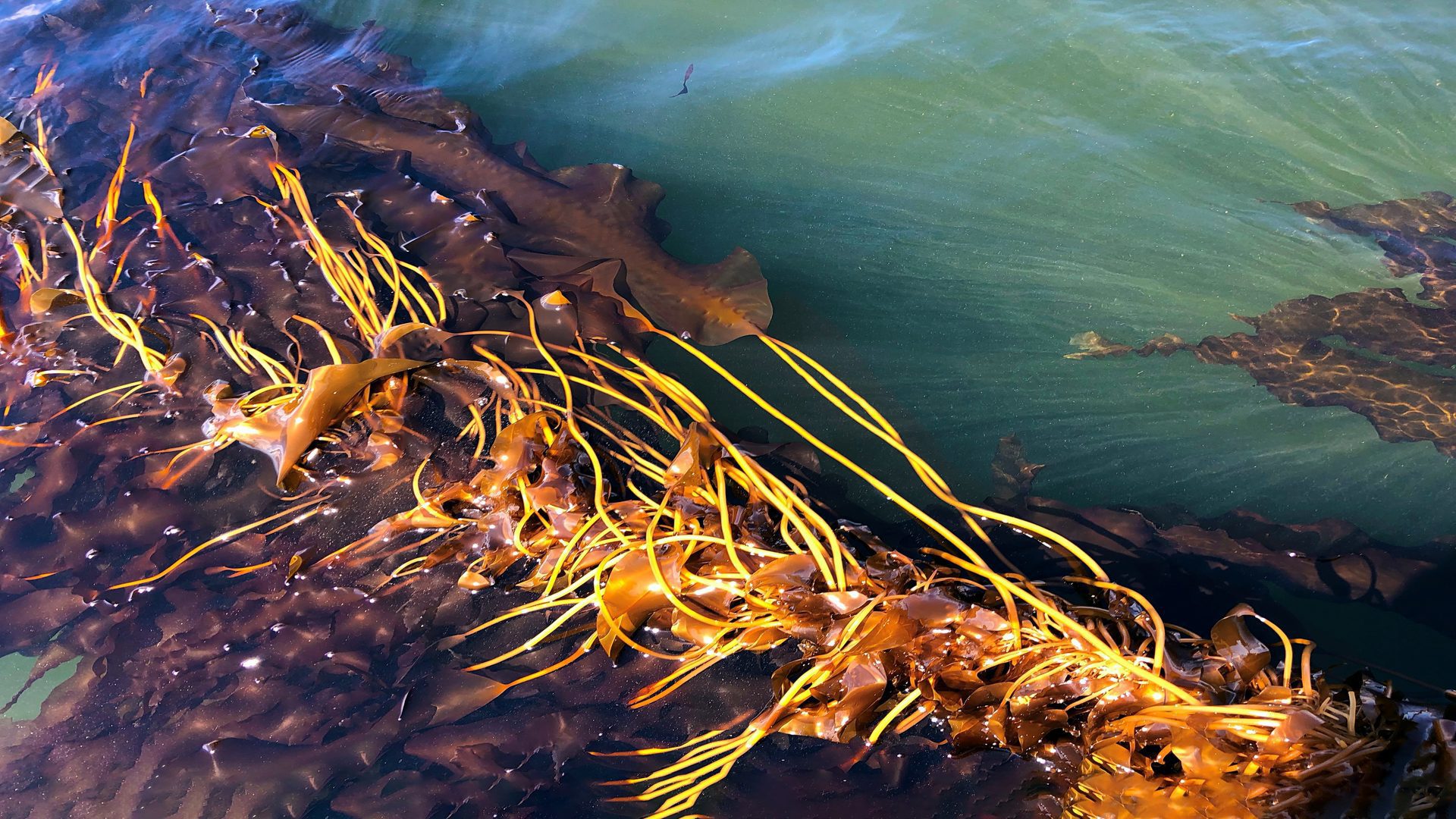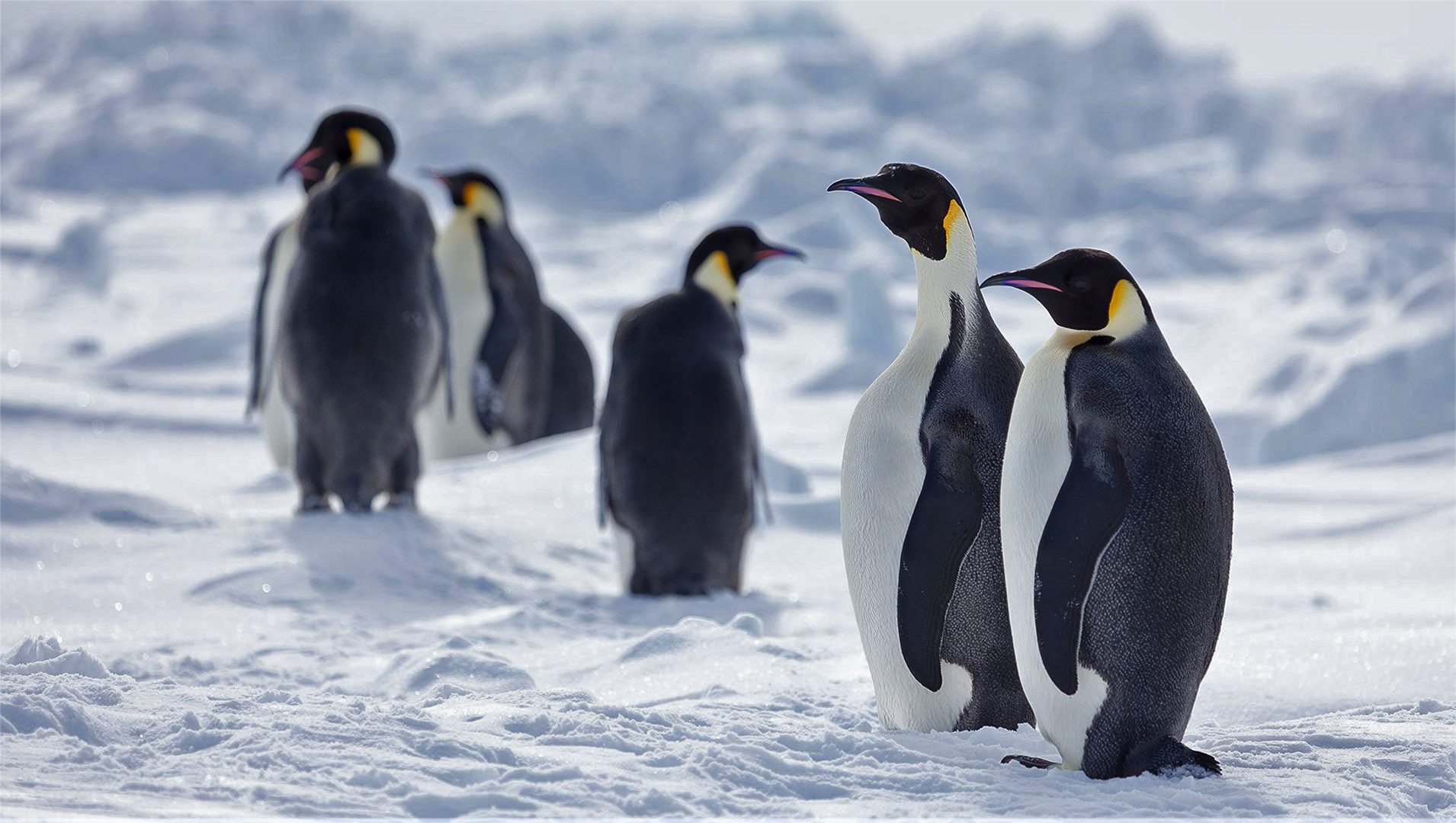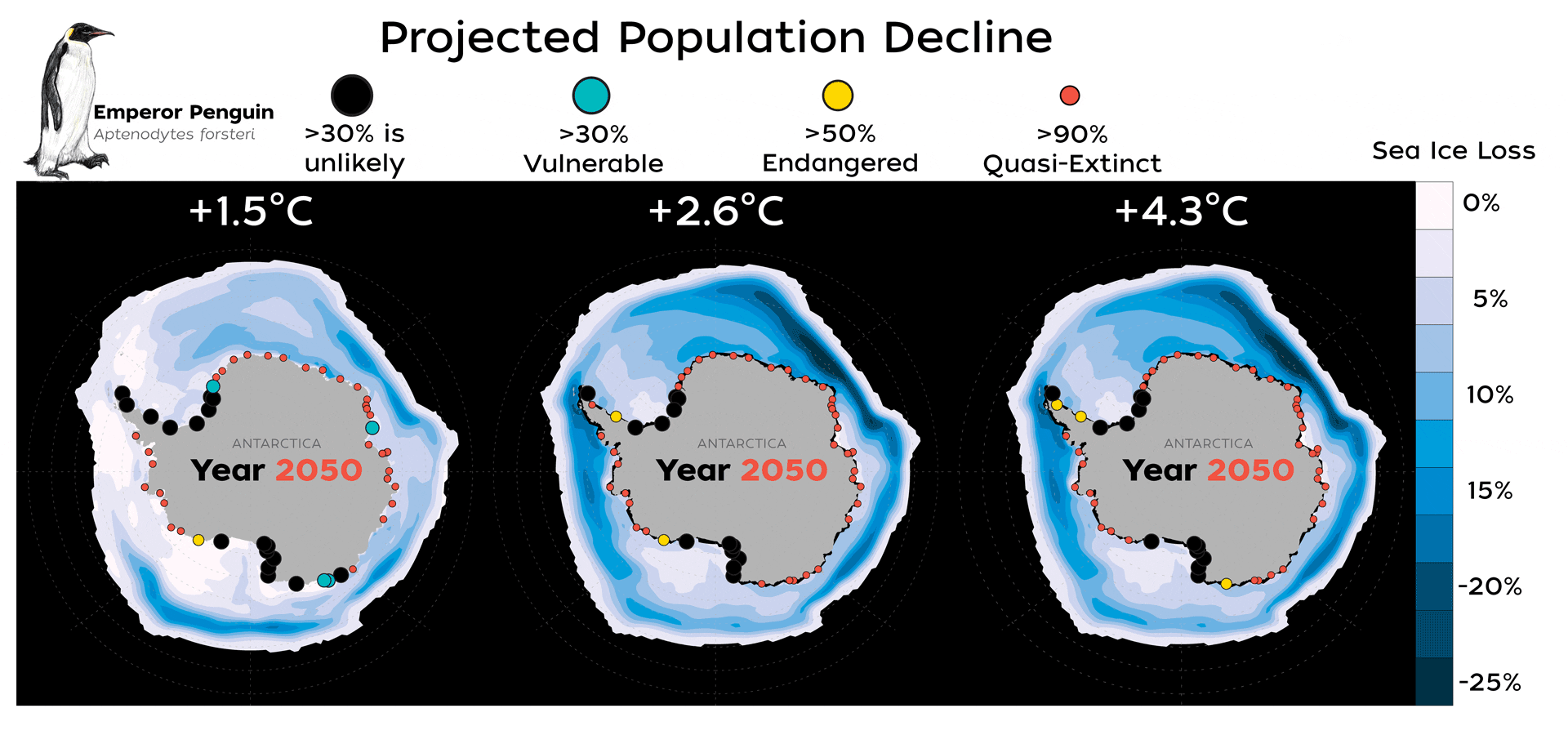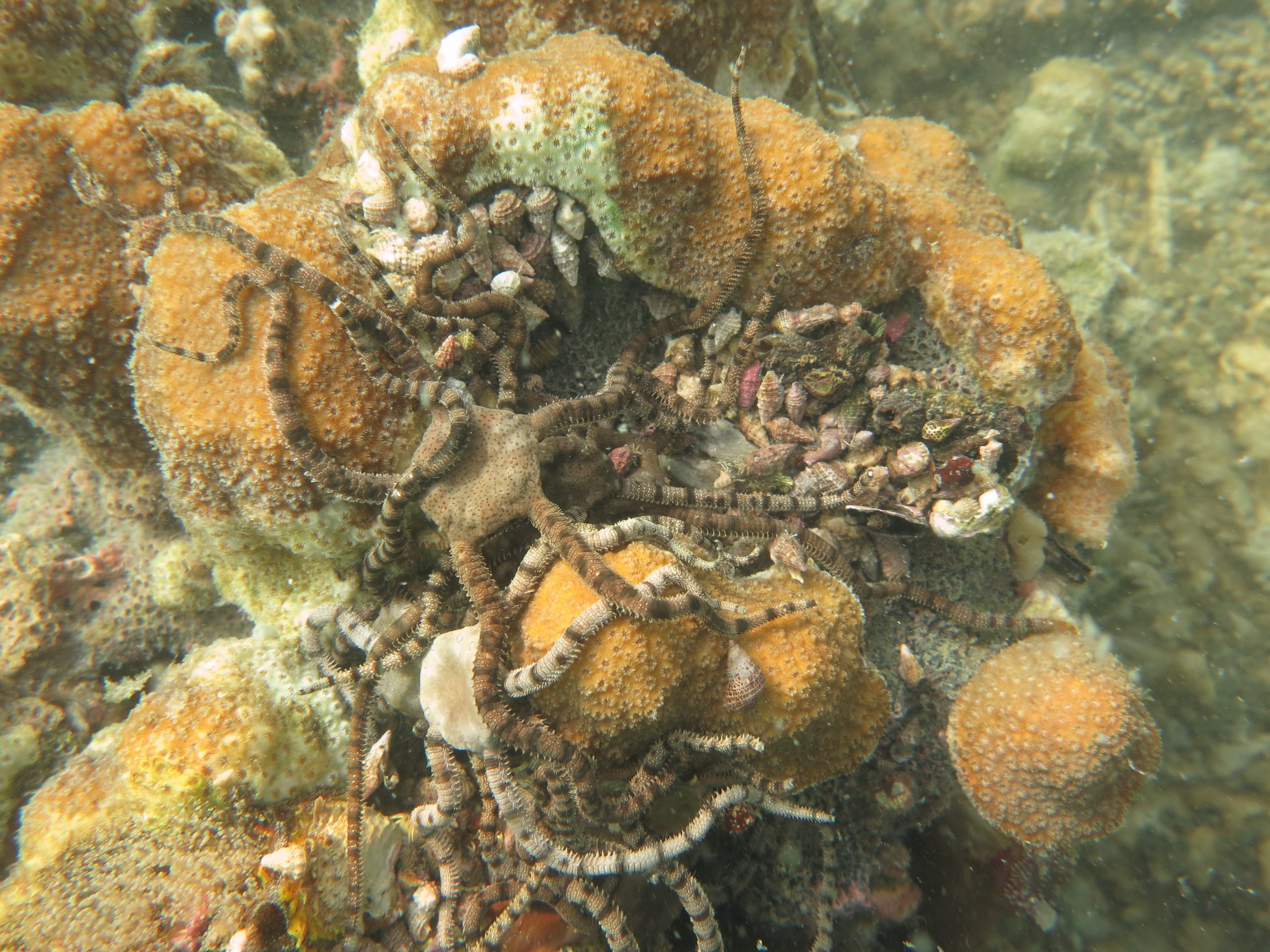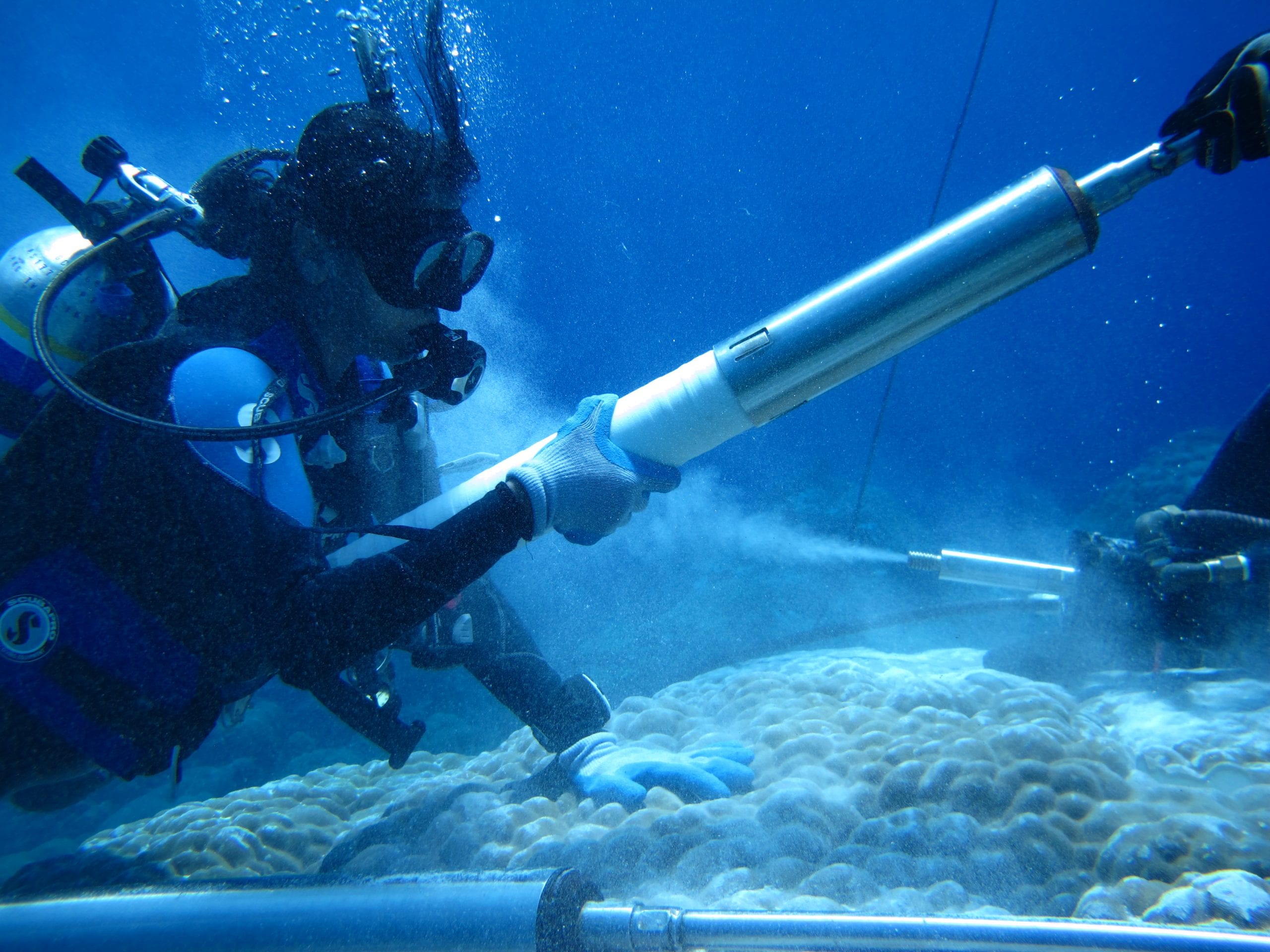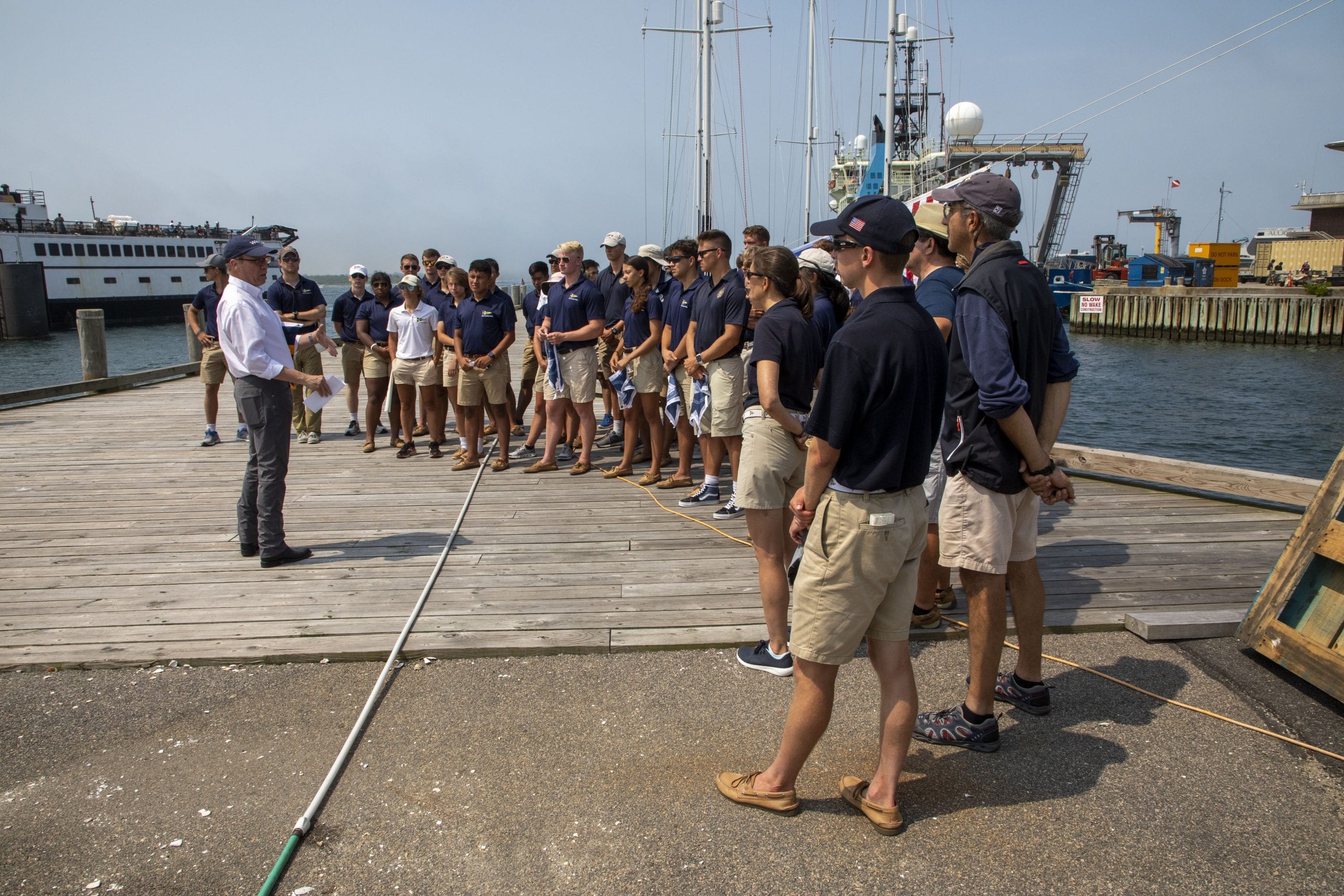News Releases
New book by WHOI marine scientist offers a grim look at an endangered whale species
A new book by Michael Moore, veterinarian, and marine scientist at Woods Hole Oceanographic Institution (WHOI), examines the plight and future of the North Atlantic right whale, one of the most critically endangered species on the planet, and draws on Moore’s 40 years of fieldwork to offer possible solutions.
Read MoreWHOI welcomes Dr. Kilaparti Ramakrishna as Senior Advisor on Ocean and Climate Policy
Woods Hole Oceanographic Institution (WHOI), the world’s independent leader in ocean discovery, exploration, and education, has welcomed Dr. Kilaparti Ramakrishna (Rama) as senior advisor to the President and Director on ocean and climate policy.
Read MoreEnvironmental DNA is a reliable way to learn about migration from the twilight zone
Woods Hole, MA — The mid-ocean “twilight zone” holds the key to several tantalizing questions about the marine food web and carbon-sequestering capacity of the ocean. But studying this vast…
Read MoreWHOI Elects New Trustee and Board Officers, and New Corporation Members
In October, the Board of Trustees of Woods Hole Oceanographic Institution (WHOI) welcomed one new Board Member and named two new officers, as well as ten new Corporation Members
Read MoreWHOI multidisciplinary team selected for prestigious National Science Foundation Program
Woods Hole Oceanographic Institution (WHOI) has been selected by the U.S National Science Foundation (NSF) for phase one of a two-part Convergence Accelerator Program, a $21 million investment to advance use-inspired solutions addressing national-scale societal challenges. WHOI is one of sixteen teams across the US chosen to participate in Track E: The Networked Blue Economy, which aims to create a smart, integrated, connected, and open ecosystem for ocean innovation, exploration, and sustainable utilization.
Read MoreModeling our climate future; WHOI to lead ocean current research
Woods Hole Oceanographic Institution (WHOI) senior scientist of physical oceanography, Dr. Young-Oh Kwon, and WHOI adjunct scientist, Dr. Claude Frankignoul, have received a new research grant from the National Oceanic and Atmospheric Administration (NOAA) Modeling, Analysis, Predictions and Projections (MAPP) Program, funding their research project focusing on western boundary ocean currents and their correspondence with the atmosphere in relation to modern day climate.
Read MoreStudy Finds Growing Potential for Toxic Algal Blooms in the Alaskan Arctic
A warming Arctic presents potential new threats to humans and marine wildlife in the fast-changing region Changes in the northern Alaskan Arctic ocean environment have reached a point at…
Read MoreNippon Foundation-GEBCO Seabed 2030 Project and WHOI enter partnership to map the world’s ocean
Woods Hole, Mass. — The Nippon Foundation-GEBCO Seabed 2030 Project and Woods Hole Oceanographic Institution (WHOI) have signed a Memorandum of Understanding in recognition of both organisations’ work to advance…
Read MoreWHOI collaborates to bring video installation to United Nation Headquarters
Vertical Migration by artist group SUPERFLEX will be projected onto the facade of the United Nations’ 505-foot tower in New York, on 21-24 September 2021, coinciding with the 76th General Assembly and Climate Week NYC. The projection seeks to draw global attention to the critical role of the ocean in global climate, a primary focus of Woods Hole Oceanographic Institution’s Ocean Twilight Zone Project.
Read MoreFlipping the “genetic paradox of invasions”
A new study led by Carolyn Tepolt, an associate scientist of biology at Woods Hole Oceanographic Institution, is investigating the adaptive mechanisms of the green crab along the west coast of North America, where it has shown extensive dispersal in the last decade despite minimal genetic diversity.
Read MoreA recent reversal in the response of western Greenland’s ice caps to climate change
New collaborative research from the WHOI and five partner institutions published today in Nature Geoscience, reveals that during past periods glaciers and ice caps in coastal west Greenland experienced climate conditions much different than the interior of Greenland. Over the past 2,000 years, these ice caps endured periods of warming during which they grew larger rather than shrinking.
Read MoreWHOI selected for new NSF science & technology center
The new Center for Chemical Currencies of a Microbial Planet (C-CoMP) will focus on the chemical processes that underpin ocean ecosystems.
Read MoreSunlight can break down marine plastic into tens of thousands of chemical compounds, study finds
Sunlight was once thought to only fragment plastics in the marine environment into smaller particles that chemically resemble the original material and persist forever. However, scientists more recently have learned that sunlight also chemically transforms plastic into a suite of polymer-, dissolved-, and gas-phased products. Now, a new study finds that this chemical reaction can produce tens of thousands of water-soluble compounds, or formulas.
Read MoreSome coral reefs are keeping pace with ocean warming
Some coral communities are becoming more heat tolerant as ocean temperatures rise, offering hope for corals in a changing climate. After a series of marine heatwaves hit the Phoenix Islands Protected Area (PIPA) in the central Pacific Ocean, a new study finds the impact of heat stress on the coral communities lessened over time.
Read MoreROV Jason helps recover two other underwater vehicles
On September 2, the remotely operated vehicle (ROV) Jason aided in the recovery of two underwater vehicles, ROV Hercules and Argus, that were stranded on the seafloor near British Columbia
Read MoreSurviving extreme heat
A team led by Anne Cohen, a scientist at Woods Hole Oceanographic Institution, received $1.75M in funding from the National Science Foundation (NSF) to study how coral reefs survive extreme heat events caused by climate change. The multidisciplinary project taps into expertise across four WHOI departments to uncover the oceanographic and biological processes that enable corals to survive marine heatwaves.
Read MoreProject funded to digitize and mine weather data from whaling logbooks
An ongoing collaborative effort by Woods Hole Oceanographic Institution (WHOI), University of Massachusetts Dartmouth (UMassD), and Providence Public Library (PPL), has received a grant from FM Global. The project is investigating the role of historical weather data in current climate change research, and the increasingly urgent issues surrounding it.
Read MoreWHOI advancing a seaweed solution to develop new kelp strains
A leader in ocean science, Woods Hole Oceanographic Institution (WHOI) is embarking on a study of how new seaweed strains could further enhance the burgeoning seaweed industry and offer solutions to some of the world’s pressing challenges. This research is funded in part by World Wildlife Fund (WWF) with support from the Bezos Earth Fund.
Read MoreEmperor penguins, recommended as threatened species under Endangered Species Act
Today, the U.S. Fish and Wildlife Service (USFWS) announced a proposal to list the emperor penguin as a threatened species under the Endangered Species Act.
Read MoreNew Study Finds Emperor Penguins Increasingly Threatened by Climate Change
A new study published today in Global Change Biology provides valuable new data that highlights how species extinction risk is accelerating due to rapid climate change and an increase in extreme climate events, such as glacial calving and sea ice loss.
Read MoreNew WHOI Chief Diversity, Equity & Inclusion Officer
WHOI announced today the appointment of Dr. Natalie Nevárez as Chief Diversity, Equity and Inclusion Officer. Nevárez will begin in this newly created role on August 1, 2021.
Read MoreWhat happens to marine life when oxygen is scarce?
A new study co-led by WHOI postdoctoral scholar Maggie Johnson looks closely at the changes occurring in both coral reef and microbial communities near Bocas del Toro during sudden hypoxic events, which occur when there is little to no oxygen in a given area of water.
Read MoreReview Evaluates the Evidence for an Intensifying Indian Ocean Water Cycle
Report Calls for Better Integration of Observations, Models, and Paleo Proxies The Indian Ocean has been warming much more than other ocean basins over the last 50-60 years. While temperature…
Read MoreU.S Naval Academy (USNA) vessels dock at Woods Hole Oceanographic Institution (WHOI)
Woods Hole, WHOI campus now a stop on the USNA summer sailing team’s route On Friday, July 15, five USNA sailing vessels carrying a total of 50 U.S. Navy personnel…
Read More

